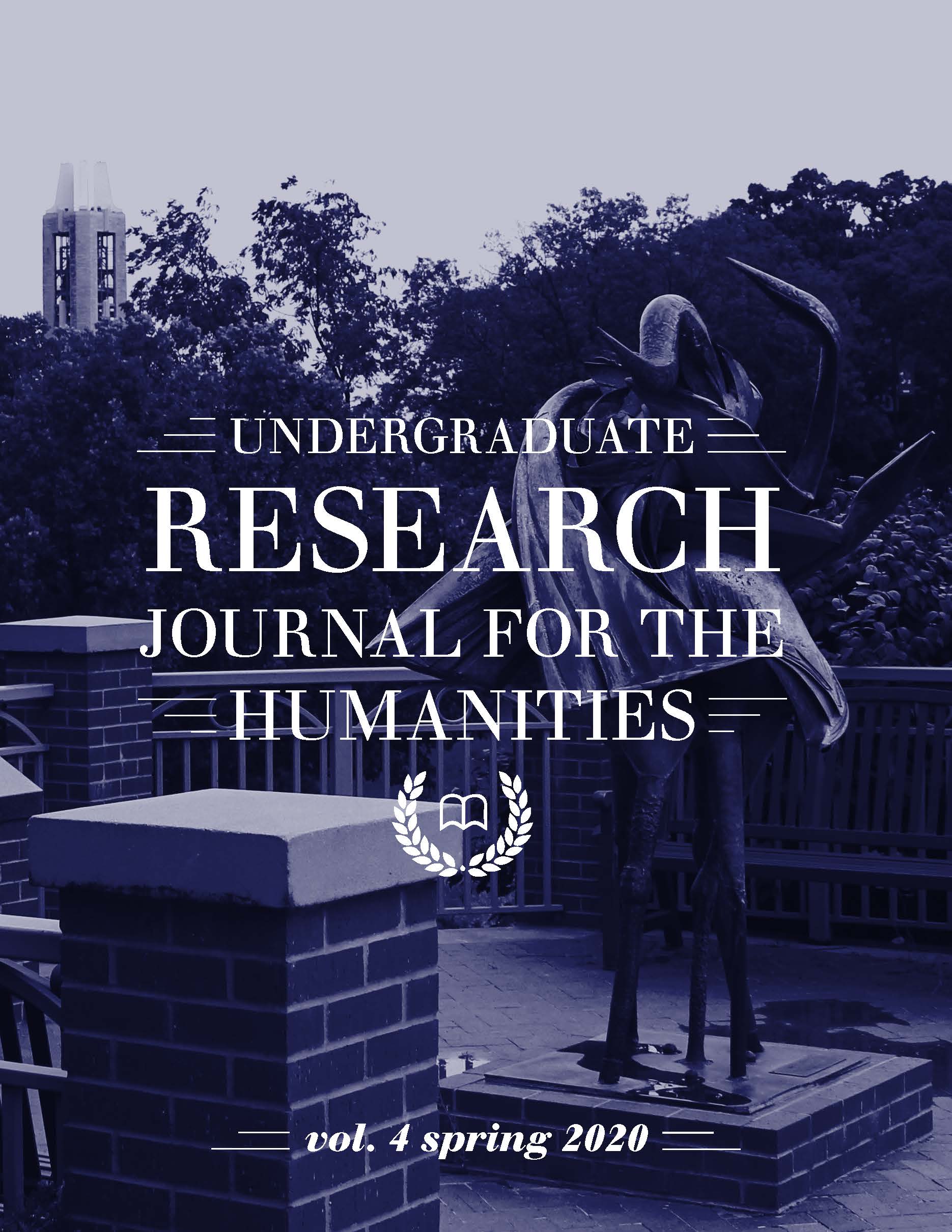Resumen
Published in 1994, Louise Erdrich’s The Bingo Palace traces the journey of Lipsha Morrissey, who is called to return to his childhood home, a fictional Ojibwe reservation, after years of living off-reservation with his father. Upon his return, Lipsha becomes enamored with a young woman, Shawnee Ray, and entangled in conflict with Lyman, Lipsha’s uncle, half-brother, and the father of Shawnee Ray’s child, who plans to build a glamorous “Bingo Palace” on reservation land to bring wealth to the Ojibwe people. As Lipsha struggles to reconcile his conflict with Lyman, he faces questions of identity, family, and an ethical dilemma: would the economic benefits of a “Bingo Palace” outweigh the cultural costs?
All articles are licensed under a Creative Commons Attribution-NonCommercial-NoDerivatives 4.0 International License. Copyright is held by the authors. Author agrees to the terms in the Journal Publication Agreement.

